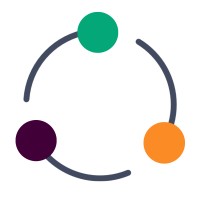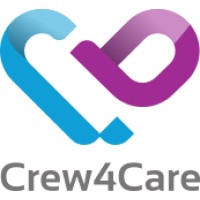
Talent Intelligence
Specializations
About Agency
Overview
- Founded in 2002 and headquartered at 400 North State Street, Chicago, Illinois, United States, 60654
- Employs 26 staff members globally
- Generates $35,000,000 in annual revenue
- Specializes in executive recruitment for C-Suite and key management positions
- Operates as a global talent acquisition and management consulting firm for top companies
Specializations
- Executive & Leadership recruitment for C-Suite and key management roles
- Competitive intelligence in talent acquisition
- Diversity-focused talent solutions
- Talent pipelining for proactive recruitment
- Succession planning for leadership positions
Services & Approach
- Proactive consultancy services with transparent pricing models
- Customized data dashboards for talent analytics and market intelligence
- Integrated solutions combining external succession planning, diversity, talent pipelining, and competitive intelligence
- Executive search and assessment services including reference checking



